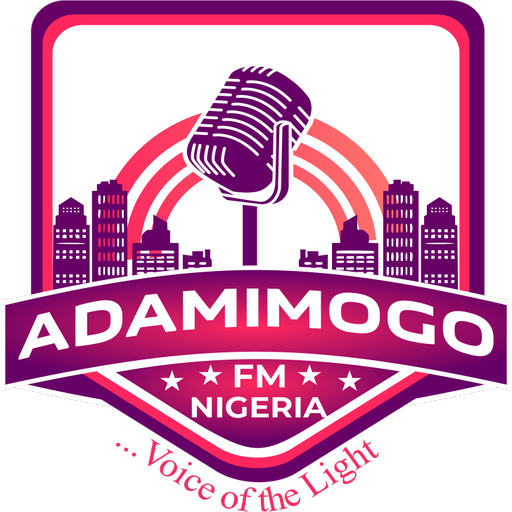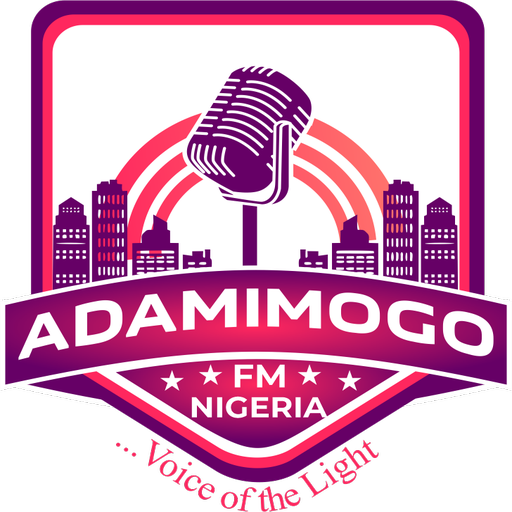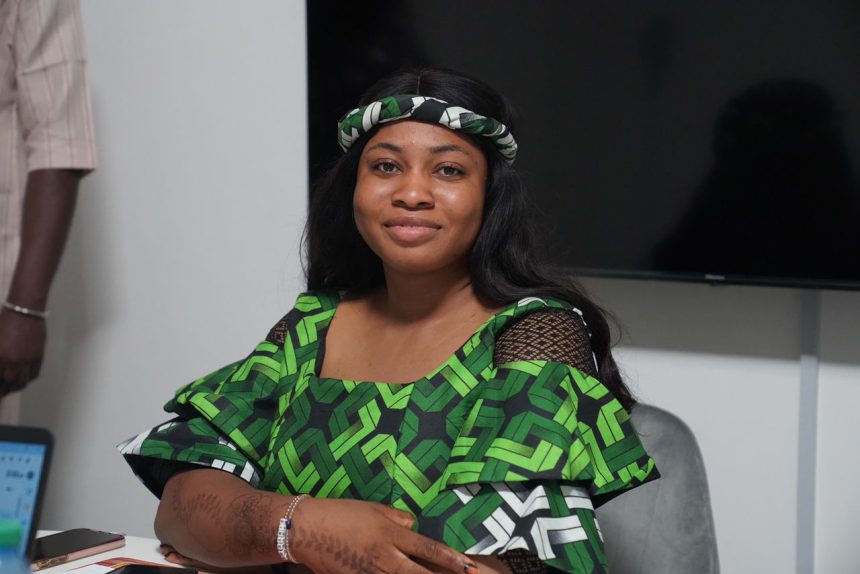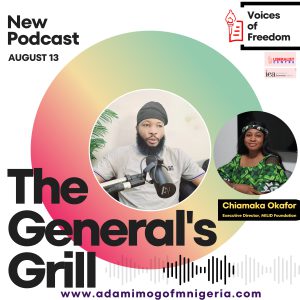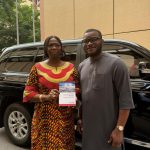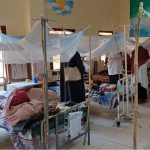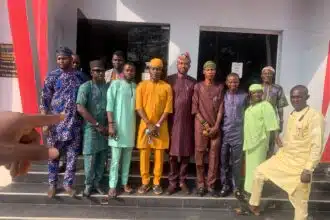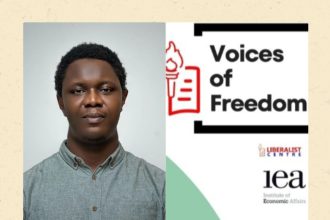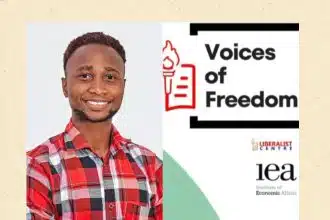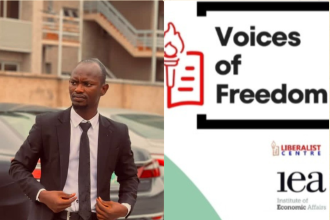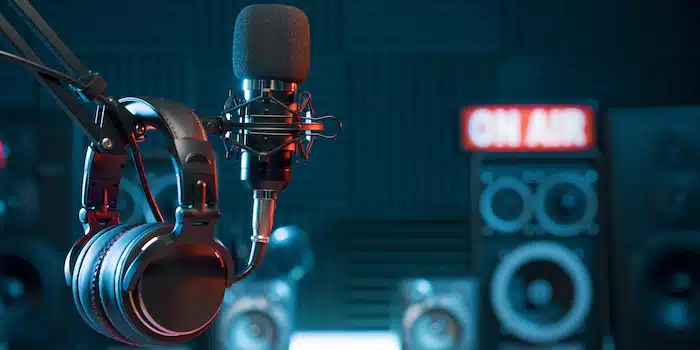A new wave of media literacy advocacy is rising in a space where press freedom is shrinking, misinformation weaponized, and digital surveillance gradually rising.
The conversation this week took a sharp turn on GENERAL’s Grill on Adamimogo 105.1FM Ibadan towards the heart of the matter: equipping citizens with the skills to tell fact from fiction—and in the process, safeguarding democracy itself.
The spotlight guest, Chiamaka Okafor, Co-Founder of Media and Information Literacy and Intercultural Dialogue Foundation (MILIDF) was unequivocal about the stakes. “Media and information literacy are not just skills; they are a form of civic power,” she said. “It’s the ability to access, assess, and create information in a way that serves both the individual and society. Without it, we’re left vulnerable to manipulation.”
The segment is part of the Voices of Freedom series, a six-week radio program produced under the Journalism for Liberty Fellowship—an initiative of the Liberalist Centre, with funding support from the Institute of Economic Affairs (IEA) and Atlas Network. The program aims to break down how media shapes values, influences political choices, and can both strengthen and undermine democratic ideals.
Okafor traced the media’s reach from the online chatter of social networks to the everyday banter of market women, students, and civil servants. “It’s the media that decides what dominates our conversations,” she explained. “When the headlines focus on the 2027 elections—coalitions, party shifts, leadership contests—that’s what we all talk about. Those narratives shape how we perceive political figures and, ultimately, how we vote.”
She noted that this is precisely why political elites invest heavily in their media presence—knowing full well that public opinion often flows from the narratives broadcast into homes, offices, and street corners. “A leader’s credibility, for better or worse, is frequently determined by what the media shows us,” she said.
A Battle Against “Anywhere Belle Face” Politics
Okafor stressed that media literacy equips citizens to avoid what she called Nigeria’s “anywhere belle face” phenomenon, accepting whatever information comes one’s way without verification. “If you don’t know how to find credible information or assess whether it’s true, you can’t make informed choices. You end up being swayed by the loudest voice, not the most truthful,” she warned.
This vulnerability, she added, is exacerbated by digital technology’s speed and reach. “Information now travels faster than ever, but that speed doesn’t guarantee accuracy. That’s why critical thinking is our most valuable defence.”
According to Okafor, the Liberalist Centre’s work in raising awareness about press freedom and media literacy is essential to building public resilience. By helping citizens understand not just what the media reports, but how.and why it reports it, the initiative aims to strengthen democratic participation and accountability.
“It’s about more than spotting fake news,” she said. “It’s about empowering people to engage with media as active participants, not passive consumers.”
Why It Matters Now
With the 2027 elections already dominating national discourse, the timing of this push is strategic. From algorithm-driven news feeds to partisan talk shows, Nigerians are navigating an information ecosystem where influence can be bought and truth can be blurred.
The Voices of Freedom series seeks to give listeners practical tools to navigate that space, asking sharper questions, challenging unverified claims, and protecting the principle of a free press.
As the program continues over the next six weeks, it will cover topics from propaganda detection to media ownership transparency, always linking back to the core belief that a well-informed citizenry is the best defence against both authoritarian overreach and the erosion of public trust.
